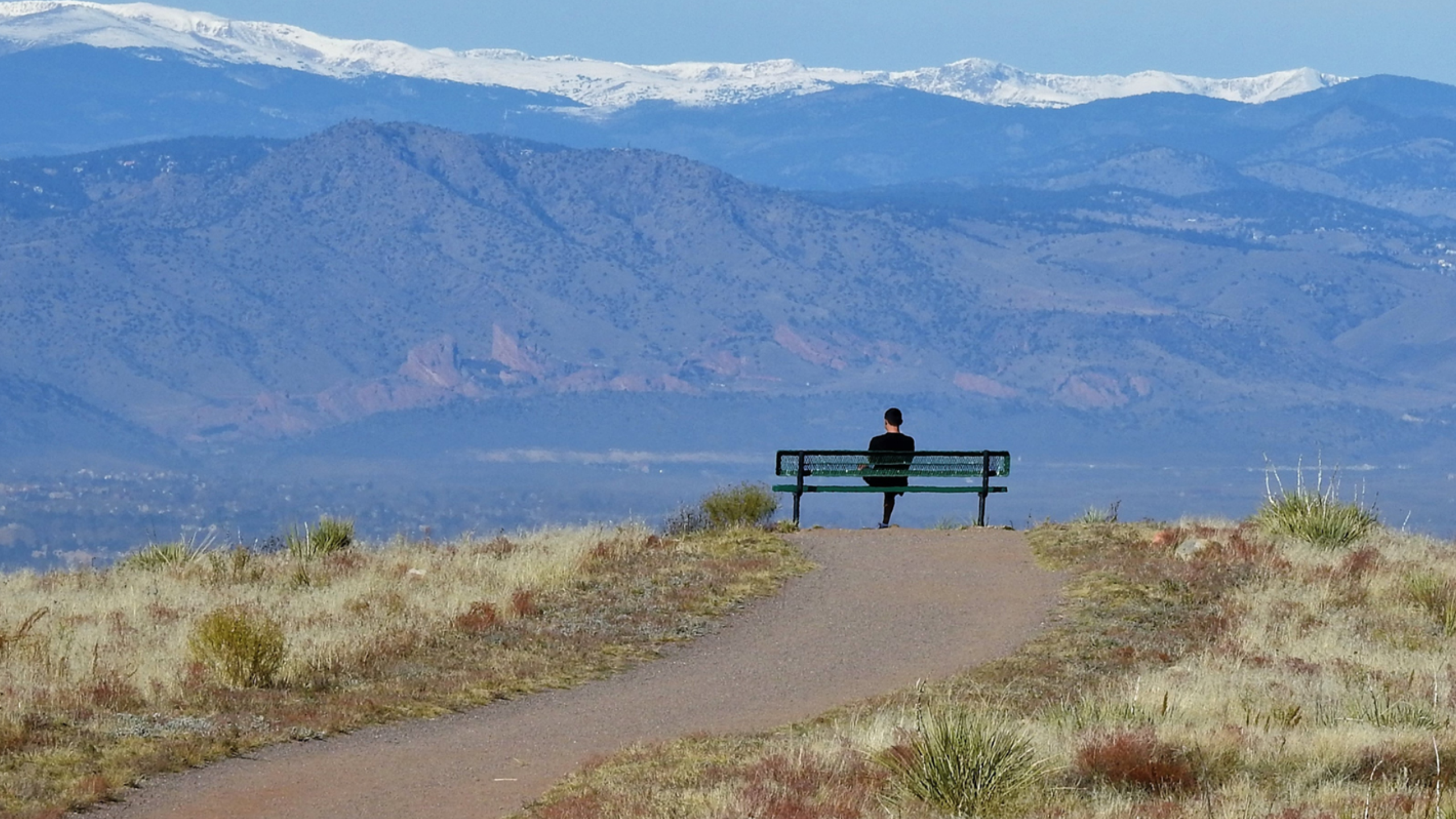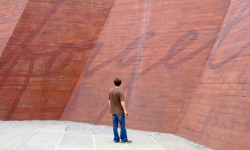
Have you ever noticed the divide between what you think and what you feel?
As a pastor and youth worker, I have the privilege of walking alongside people through the ups and downs of life. I get to journey with people when they are questioning their sexuality, grieving the loss of their loved ones, suffering from illness, getting over broken relationships, struggling with mental illness and much more.
My role is to be a support, a listening ear; someone that they can call on when life throws its curve balls. Sometimes this means sitting with people in silence. In other cases it’s listening to people cry or vent their frustrations.
When I first began working with people I found this incredibly difficult to do. I am more of a thinker than a feeler and I just wanted to give answers. I wanted to fix things.
However, I slowly came to learn that there aren’t always easy answers and sometimes there are no answers at all. And even if there are answers, it is usually better for an individual to find it themselves.
However, just because someone has come to believe something, it doesn’t necessarily mean they feel it or are willing to act upon it. As the saying goes “the longest distance in the world is from the head to the heart.”
Knowing something and feeling something are two different things. In church circles we often talk about God’s love. But there is a difference between knowing God loves you intellectually and feeling His love.
We talk about how our value and worth should come from God. But at the same time, we still seek validation from others. It’s not that we are being hypocritical, but rather that there is a gap between what we think and what we feel.
As we try to reconcile our thoughts and our feelings, we can become frustrated and confused because life often doesn’t make sense.
This can also make decisions more difficult because we know what we should do, but we don’t feel like doing it. This can often become the greatest obstacle we face in our faith.
Moving forward
So how do we move forward when we feel like we are at odds with our own beliefs?
I believe it is by getting to know ourselves. Why is it that counsellors, psychologists and therapists give very little advice, but ask a whole lot of questions?
It is because real change can only happen when we truly understand ourselves: why we believe what we believe, why we feel what we feel, why we do what we do.
When we understand the reason why we feel, think and do certain things, we can then start working on what it is that we would like to change.
It may not mean that the divide between what we think and feel is fully closed, but it can only help; at least in the long term.
If working with people has taught me anything, it is that everyone has issues or quirks of some sort. Some of us are just better at masking it than others. And those who think they don’t are just showing their lack of self-awareness.
I am now comforted by the fact that I don’t need to have all the answers, but rather the patience to listen and the right questions to ask.
The greatest lesson I have learnt from being a pastor, is the importance of self-awareness. Not only have I seen it bring about significant change in other people’s lives, I have seen it in my own.
Self-awareness results in personal growth. It moulds character and enables us experience life to the fullest.
As Christians, we are often guilty of asking God to change our situation, when God is really wanting to change us. Not because He doesn’t love us, but rather because He loves us too much to leave us the same.
He wants to deal with the sin, the shame, the pain and the brokenness within us, so that we will experience life at its best. This does not only benefit ourselves, but those around us as well.
It is also a way of showing gratitude to God for what He has done and continues to do for us. As someone once said “salvation is God’s gift to us, our character is our gift back to God.”
Although I sometimes wish that I was wiser, more refined and self-aware than I am, I’m glad that there will always be more room to grow. Because with it comes joy, excitement and a sense of purpose.
Story: Ethan Miller
Ethan Miller grew up in Mt Roskill, Auckland. While finishing a degree in applied theology from Carey Baptist College, he moved slightly east and began working as pastor at Eastview Baptist Church, where he has been for three years. He loves getting out in nature, having a laugh and having deep conversations about life and faith.
This article was originally published by Christian Today and is used with permission.
Photo: Centennial/USA/Pixabay.com


